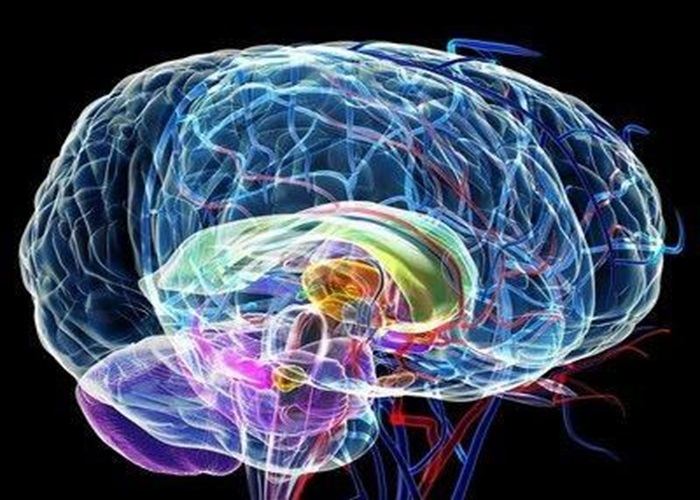In a remarkable discovery, ketone metabolism has emerged as a crucial factor that redefines protein quality control in aging brains. This finding has significant implications for our understanding of brain health and the aging process.
Ketone metabolism is a physiological process that occurs when the body shifts from using glucose as its primary fuel source to ketones. This typically happens during periods of fasting or when following a ketogenic diet. Ketones are produced in the liver from fatty acids and can be used by various tissues, including the brain, for energy. In the context of aging brains, this metabolic shift appears to have far-reaching effects on protein quality control mechanisms.
As the brain ages, maintaining proper protein quality control becomes increasingly important. Proteins can become damaged or misfolded over time, and if not properly managed, these abnormal proteins can accumulate and lead to neurodegenerative diseases such as Alzheimer’s and Parkinson’s. The body has several systems in place to detect and degrade such proteins, but these processes may become less efficient with age.
Ketone metabolism seems to enhance protein quality control in aging brains. It may do so by providing an alternative energy source that supports the function of cellular machinery involved in protein degradation and repair. For example, ketones could help power the activity of proteasomes, which are responsible for breaking down damaged proteins. Additionally, ketone metabolism may also influence the expression of genes related to protein quality control, promoting a more efficient clearance of abnormal proteins.
The discovery of ketone metabolism’s role in protein quality control offers new avenues for promoting brain health in aging individuals. It suggests that interventions that enhance ketone metabolism, such as dietary modifications or the development of drugs that mimic the effects of ketones, could potentially slow down the accumulation of damaged proteins and reduce the risk of neurodegenerative diseases. However, more research is needed to fully understand the mechanisms involved and to determine the most effective ways to harness this knowledge for therapeutic purposes.
Future studies will likely focus on further elucidating the specific molecular pathways through which ketone metabolism affects protein quality control. Researchers may also investigate how different levels of ketone production, either through diet or other means, impact brain health in both healthy aging and in the context of neurodegenerative diseases. Additionally, the potential interactions between ketone metabolism and other factors known to influence brain aging, such as inflammation and oxidative stress, will need to be explored.
In conclusion, the new understanding of ketone metabolism’s role in protein quality control in aging brains opens up exciting possibilities for improving brain health and potentially delaying the onset of neurodegenerative diseases.
Read more
- How To Get Rid Of Brain Fog: Causes And Treatment
- Managing Hypomania: A Comprehensive Guide
- Gluten Intolerance: Recognizing, Understanding & Managing


